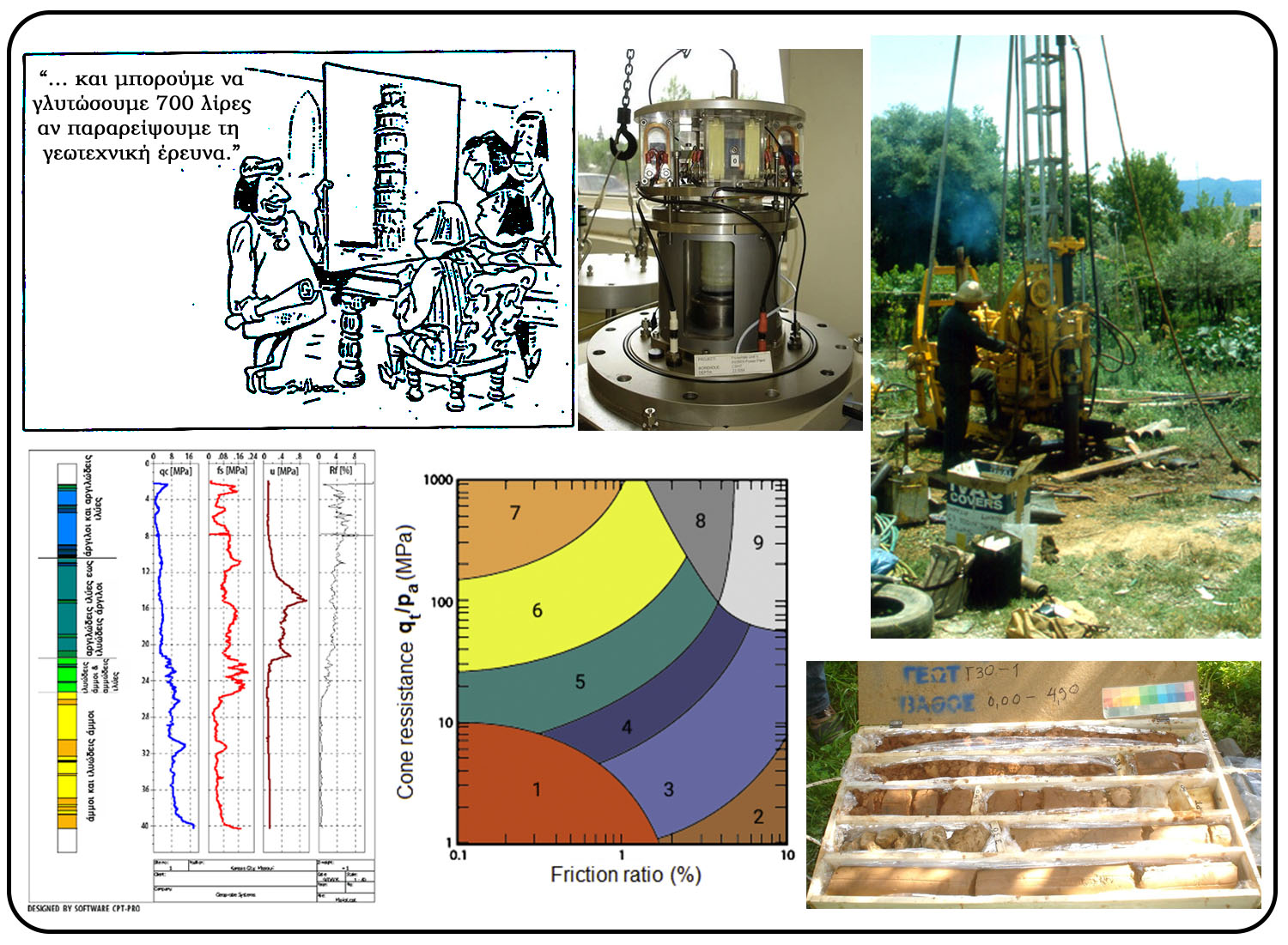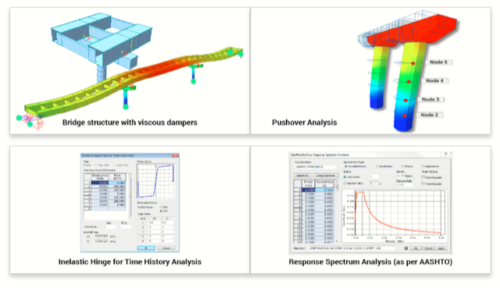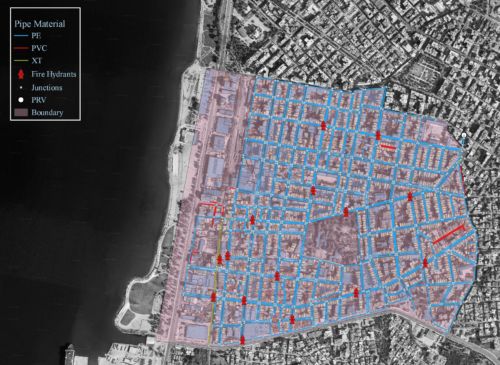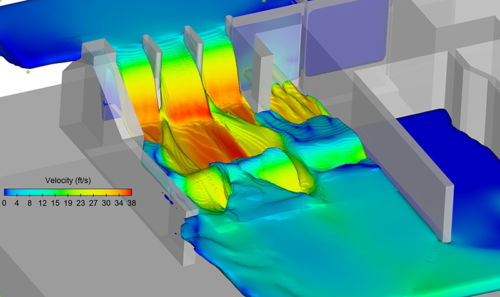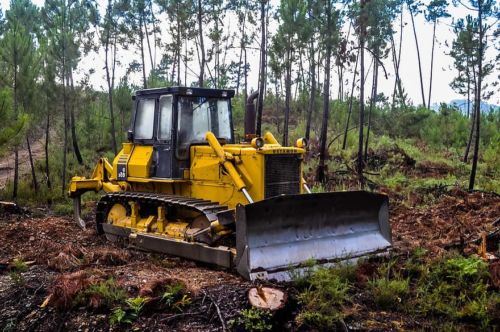| 1. Geotechnical investigation
Steps, drilling methods, sampling, in-situ tests. 2. Laboratory soil mechanics tests Gradation, Atterberg limits, permeability, compaction, consolidation, shear strength 3. Field instrumentation and monitoring Methods and instruments for monitoring the behavior of soils and geotechnical construction |
GEOTECHNICAL SITE EXPLORATION METHODS
| SEMESTER | 8th or 10th |
|---|---|
| eclass | https://eclass.upatras.gr/courses/CIV1731/ |
| Details | http://www.civil.upatras.gr/index.php/odhgos/ |
| Instructor | PELEKIS PANAGIOTIS |
| LANGUAGE OF INSTRUCTION and EXAMINATIONS | Greek. Teaching may be however performed in English in case foreign students attend the course. |
| Credits ECTS | 5 |
| Erasmus+ | No |
| Code | CIV_9371Α |
|
At the end of this course the students will be able to: 1. Know the composition of a geotechnical investigation report. 2. Know methods of drilling and sampling. 3. Know the basic laboratory soil mechanics tests. 4. Know the most frequently performed field tests. 5. Know methods for field instrumentation and monitoring.
At the end of the course the student will have further developed the following skills/ competences: 1. Ability to perform the basic soil mechanics laboratory tests. 2. Ability to participate in the planning and execution of a geotechnical investigation program, including in-situ tests. 3. Ability to participate in the planning, execution and interpretation of field instrumentation and monitoring program. |

